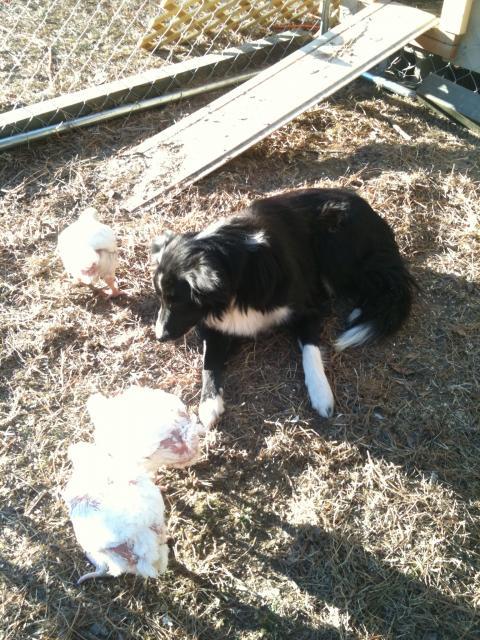- May 30, 2009
- 317
- 3
- 113
A dog is listed here on BYC with a 500.00 reserve because it supposedly shows a special affinity or giftedness for watching Poultry. Does any one have any experience with these dogs? Is there any possibility that ALL dogs of these breeds when raised with Poultry are good protectors of the fowl? Is there possibly any smaller breeds, I live in town, and have two properties where I keep chickens here in town. One of the setups is for younger fowl and is entirely caged. the other area is a switch out combo of free range, coop, and a transitional cage. We are on a creek which is a highway for coons, opposums, foxes, ringtails, and bobcats. Its neither realistic nor right in my estimation to kill animals that are just doing what animals do and thats eat. So I am looking at the possibility of a dog. I see the same breeds on Craigslist at times for free, but they vary in age, and I would also like to know what age the introduction to the chickens would need to start. Thanks for any input.
Andy in Fredericksburg

Andy in Fredericksburg






